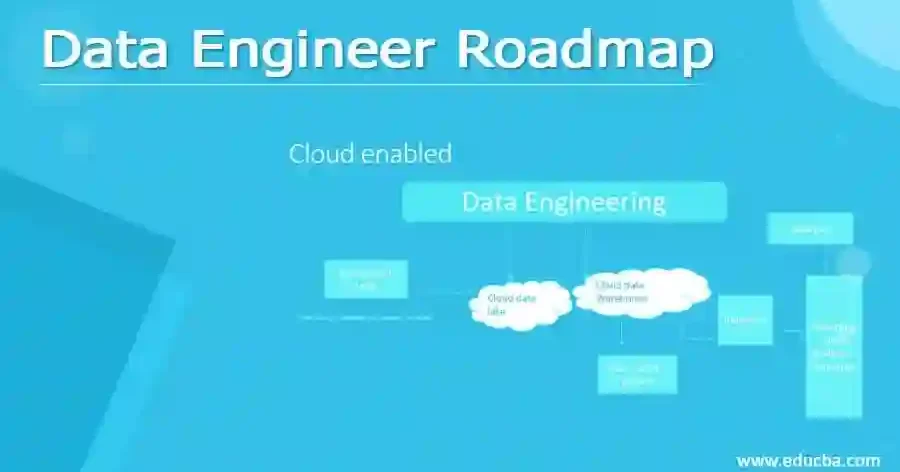Have you ever wondered what makes the digital world function seamlessly, enabling data to flow effortlessly like a well-oiled machine? Behind the scenes, data engineers are the masterminds shaping the systems that handle massive amounts of information. But how to become a data engineer in today’s data-driven world? This guide lays a roadmap to help you understand the journey from a beginner to an expert in this exciting and ever-evolving field.
Start with the Foundations: Learn the Basics of Data Engineering
Every great journey starts with mastering the basics. A data engineer must have a strong computer science, programming, and mathematics foundation. Understanding the concepts of databases, data storage, and algorithms is essential. Beginners should focus on learning programming languages like Python, SQL, or Java, as these are the building blocks of data engineering.
Knowledge of data modeling, where one learns how to organize and structure data effectively, is also vital. At this stage, budding engineers should familiarize themselves with relational databases and how they work. Hands-on practice through small projects is a great way to solidify these skills and build confidence.
Master the Tools of the Trade
Data engineers rely on specialized tools to process and manage data as technology advances. Understanding these tools is essential to moving up the ladder. Platforms like Hadoop and Spark help handle large-scale data processing, while tools like Tableau and Power BI are used for visualization.
Another critical step is becoming proficient with cloud platforms. Whether AWS, Google Cloud, or Azure, cloud computing has become integral to data engineering. Learning these tools ensures that aspiring engineers stay competitive in the job market. By investing time in understanding how these systems work together, they can begin creating more efficient workflows.
Learn to Work with Big Data and Real-Time Systems
Once the fundamentals are in place, the next step is diving into the world of big data. Data engineers must understand how to handle and process enormous amounts of daily information that businesses rely on. Learning about distributed computing, which involves managing data across multiple machines, is key.
It’s also helpful to explore how real-time systems work at this stage. These systems ensure businesses receive up-to-the-second information, enabling them to make timely decisions. Whether working with streaming platforms like Kafka or tools like Apache Flink, mastering real-time systems can significantly elevate an engineer’s skills.
Expand Your Expertise Through Specialization
As one gains experience, the focus often shifts toward specialization. Data engineering offers many niches, from building pipelines to creating machine-learning models. Specialization allows engineers to work on projects that align with their interests and strengths.
For instance, some may enjoy working on data architecture, designing the structure for efficient data storage and retrieval. Others may focus on optimizing performance or security in data systems. Regardless of the path, deepening expertise in a specific area helps data engineers stand out in their careers.
Stay Ahead by Embracing Continuous Learning
Technology is constantly evolving, and data engineers must adapt to stay relevant. This means dedicating time to learning new tools, techniques, and trends. Certifications in cloud computing, big data, or machine learning are valuable additions to any data engineer’s resume.
Networking with professionals in the field and joining communities also offers opportunities to exchange knowledge and stay updated. As companies like Intuit highlight, staying curious and proactive can open doors to exciting career opportunities.
Becoming a data engineer is filled with learning, growth, and rewarding challenges. Whether starting with foundational skills, mastering advanced tools, or specializing in a niche, each step brings individuals closer to achieving expertise. For those ready to embrace this path, the future is bright in the ever-expanding world of data engineering.





